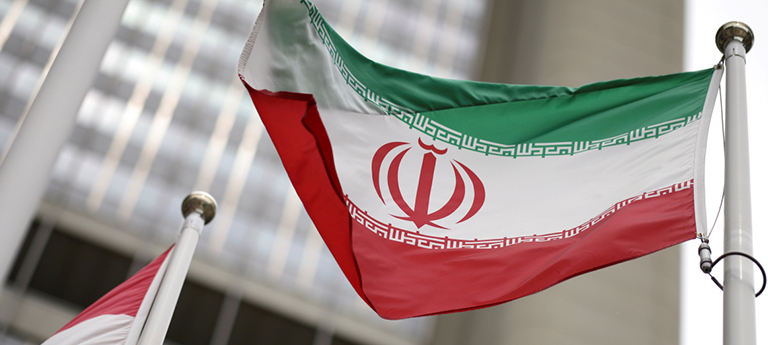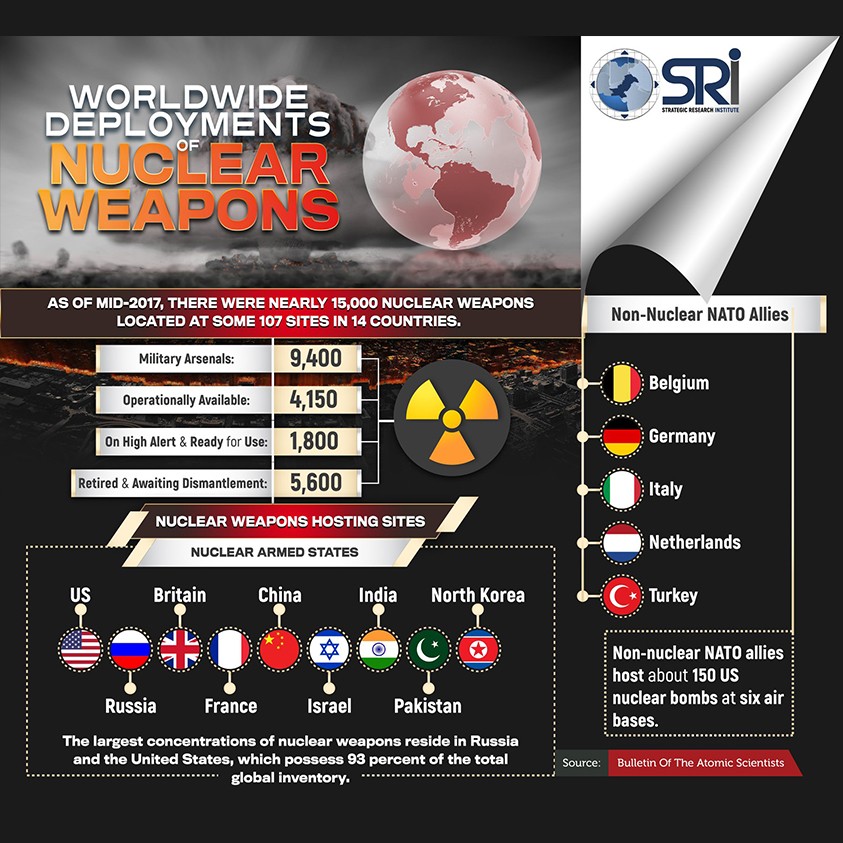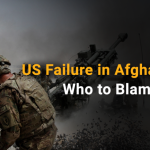Iran and the global nuclear watchdog have found themselves in divergence over the contents of an understanding reached earlier this month, which was part of efforts to restore the 2015 nuclear deal.
Iran chose to restrict international inspections of its nuclear sites in 2019 agreed as part of the landmark deal after the United States withdrew a year earlier. It, however, later granted limited access to inspectors from the International Atomic Energy Agency (IAEA).
The IAEA said on Sunday its inspectors had been denied access to a centrifuge manufacturing site in Karaj, near the capital Tehran. Iran has enhanced its nuclear activity in the wake of the US withdrawal from the deal.
The agency deemed the Iranian move counter to a joint statement its director Rafael Grossi agreed on in Tehran with Iran’s nuclear chief Mohammad Eslami on September 12. The agreement permitted access to several unnamed sites so the agency could substitute its cameras’ memory cards and repair damaged equipment.
“The Director-General reiterates that all of the agency’s activities referred to in the joint statement for all identified agency equipment and Iranian facilities and locations are indispensable in order to maintain continuity of knowledge,” the agency said.
The IAEA, however, said Iran had granted access to all other sites subject to the agreement.
In June, the site in Karaj was targeted by a sabotage attack. The third such attack on Iran’s nuclear sites since mid-2020. Iran has accused Israel of coordinating all these attacks.
Iranian criticism
In a series of tweets on Monday, Iran’s IAEA envoy, Kazem Gharibabadi, condemned the agency for staying silent on the “terrorist” attacks and not issuing a statement even for the threat they posed to its own inspectors and equipment.
He also stated that the agreement earlier this month was for “identified equipment” and Iran informed the agency during discussions in Tehran and Vienna that the equipment related to the Karaj site is not included since the site is still under security and judicial investigations.
“Any decision taken by Iran on monitoring equipment is only based on political rather than legal considerations and the Agency cannot and should not consider it as one of its entitlements,” Gharibabadi said, also saying the agency’s latest report “isn’t accurate”.
The agreement struck in Tehran had evaded the possibility of a resolution against Iran at the agency’s board of governors meeting earlier this month. Such a resolution could jeopardize the prospects of restoring Iran’s 2015 nuclear deal since Tehran has said it won’t negotiate under “pressure” from the West.
On July 20, Six rounds of talks in Vienna to restore the accord concluded. The administration of Iran’s new president, Ebrahim Raisi, has stated it is reviewing the negotiation records and will come back to the negotiating table “very soon”.
Last week, Raisi told the United Nations General Assembly that any talks to restore the deal must lead to the lifting of American sanctions imposed by former US President Donald Trump.








